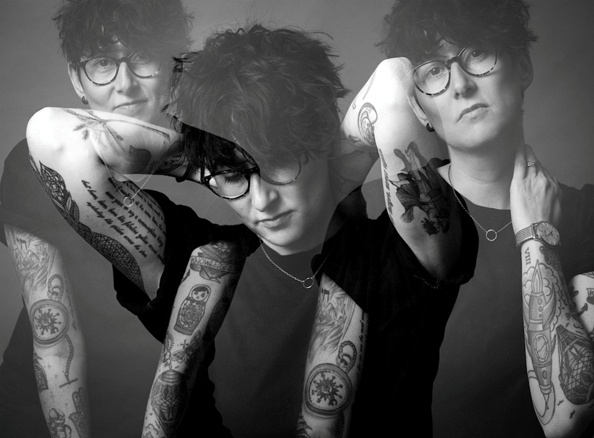
I Am Number 17 will highlight the care, treatment and support needs of people living with rare diseases
Lara Bloom from Watford, Hertfordshire has Ehlers-Danlos syndrome.
Many of those living with chronic illnesses or diseases face day-to-day challenges but for people battling rarer conditions, they encounter further stigma, isolation and discrimation because there is little understanding of what they are going through.
It may then come as surprise that 1 in 17 of us in the UK will be affected by rare diseases at some point in our lives, whether we are diagnosed or know someone who is living with one.
That is why a new campaign is being launched today to give people better understanding and insight of these rare conditions, raising awareness and emphasise the impact on people living with rare diseases and those close to them.
I Am Number 17 will highlight the care, treatment and support needs of people living with rare diseases. Seventeen changemakers — who have either been diagnosed with or are supporting someone who has a rare disease — have been paired up with artists from around the country to share their personal experiences.
The pieces created through these artist-changemaker collaborations will be unveiled at a special exhibition opening on Wednesday 22nd January at London’s OXO Gallery.
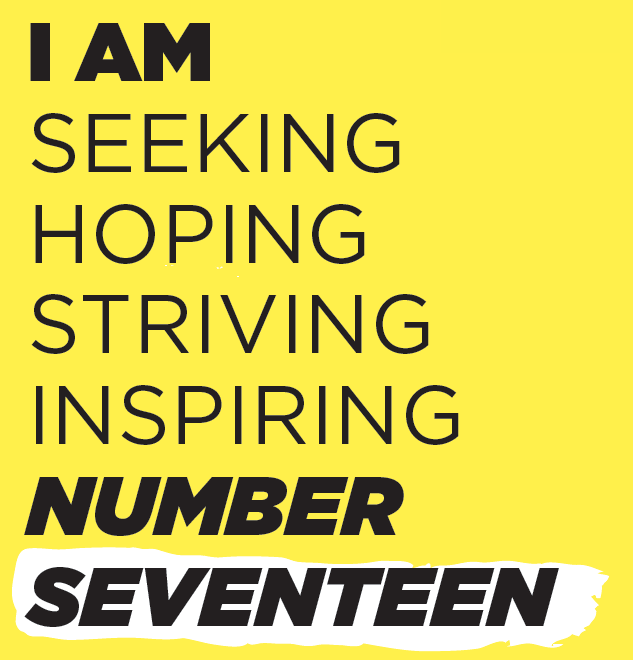
You can read Lara's full story below:
''My condition is Ehlers-Danlos syndrome. I had over a decade of questions, being told it was all in my head, I was a hypochondriac, and never being like my friends, always feeling different. My early years were much harder than my adult years. My teens were a kind of a miserable memory of just pain. Unexplained pain and always being on crutches or in plaster casts, and always being the end of a joke. You become a class clown and what you’re going through becomes a bit of a joke. It is hard when you can’t keep up with everyone and you don't really know why. For me, it was because my chest, I couldn't breathe properly, and I’d get out of breath or I’d open a jar of mayo and my wrist would break. It was relentless.
It was hard on my parents. They desperately wanted to believe me, but when doctor after doctor was saying I’m fine, they started questioning it as well. As a child, my right leg would rotate 40 degrees, and I should have had surgery to fix it when I was a child. I remember one surgeon saying, well, we're going to hang you from the ceiling for a few weeks just to prove to you that it's not going to make a difference. They put me in traction for two weeks just to prove to me that it wouldn't make any difference, and it was that kind of attitude and medical neglect that I grew up with... That was my experience. I was 15 and It was hard. And I think how invisible that pain was, is what I struggled with the most. It’s funny because I think this is my full-time career and I talk all day long about EDS, but I very rarely talk about my experience.
In my role representing The Ehlers-Danlos Society and its community, I am representing all the 14 types of EDS and hypermobility spectrum disorders, and that is what I try to do every day, but I get abused on twitter often, trolled – ‘you’re not sick enough.’ ‘You don't represent me.’ ‘you're an ableist’. It’s horrible. So, you must become very strong and have a thick skin for that to not bother you. But it does. It really bothers me.
It's really hard being in this kind of position where you're both a patient and a professional. There are so many conditions out there, and so many huge non-profits where their CEO doesn't have the condition. And the fact I do somehow, makes me fair play to attack.
I understand, because the people who attack me are in pain, they're tired and they’re frustrated. And they see me as having privileged access to the world's best doctors. I don't take that for granted, but somehow, I'm punished for that. And so, it makes me not like one of them. And that's hard as well. I am in pain. I am frustrated. But because I choose to be positive and share my self-care and management strategies, people think that puts out the wrong signal. People even claim that my relentless pursuit to make things better for our community and the amount I work etc is a form of self-harm. Quite the opposite - it’s a form of self-care. What I do works for me, but it won’t for others, and that is Ok. It’s essential to remember that everyone is different, there is no right or wrong way to live with a chronic or rare condition.
On the whole 99 percent of the people out there are wonderful and kind and grateful. So, it makes it easier. But I'm driven because I understand my life could have gone in two very, very different directions. I'm very lucky to have a supportive family, friends, I’m a very strong-willed person. When I was almost 16, I was walking home from school and I bumped into the wrong group of people and I got a black eye. The next day at school, everyone was just like, ‘oh, my God, it's terrible.’, and I thought this is nothing compared to the pain I’m in every day. But they could physically see the pain, and that really stayed with me.
About a year later, I ended up beating myself up and woke up in an ambulance. I just remember I wanted everyone to see my pain again and understand it. I was in a children's ward and they told them I had been in a car accident, that’s how bad it was. With all the support system I have around me, I was driven to that. I just thought, well, I have a black eye and people believed it for a bit. People don't realize the power of validation and belief... To be believed and understood, and not have to justify what we gone through is huge. EDS and other conditions are so sporadic. You can be great and strong one day and then the next day, you can’t even lift your head, people don't understand, even people you live with and see daily.
What breaks my heart is that some people I speak to, say that they sink into the bad days because they're too scared to have the good days - because then people do not believe the bad days. I just want to get to a point of higher education, understanding and awareness where you don't have to lose your good days just because it's easier for other people to just believe one constant.
People have different journeys to the point of their diagnosis. We hear about PTSD from diagnosis. So I think it's a real thing that the diagnostic journey is a battlefield, people are dying on it as well as being injured. I have the privilege and sometimes the heartbreak of hearing the most horrific stories. A mother called me two years ago and her 13-year-old daughter had been waiting for a diagnosis, fighting for diagnosis for years and ended up in a mental institution instead. Finally, throughout that process, she got her diagnosis and she was being released every weekend for a period and that whole journey, it had destroyed her so much that she ended up at 13 years, committing suicide.
That there's such medical negligence and such bad awareness, it's just unforgivable. I could have taken that other road because I got to the point where I was able to do that to myself. It's the first and last time I ever harmed myself in any way like that. That’s why I do my job.
But I was a photographer. You know, this was not my plan. I was going to do this for a short period and then a decade later. Here I am, it's an opportunity to fix things for a community who are hurting, and to try to make things better. It's really hard at times. You put yourself out there and you have to you have to take the negative with the positives. We’ve done such a lot since we launched in 2016. And it's amazing, it’s truly incredible.
It's nice having the privilege of doing that job, seeing that change, and being part of that change, that research, the ground-breaking stuff, it’s unbelievable. On a career level, that’s why I do it, because I do think it's worth the cost... I'm a long way away from that 15-year-old kid. I'm a different person to that. But it's that 15-year-old kid that is the reason that I get on planes, I do another talk, I deal with another troll and so on. You just keep fighting, because people can't be killing themselves and losing friends, and not being able to stay in relationships and not being believed in. Bouncing from doctor to doctor, ending up in a wheelchair, being too ill to work, to attend school and university, to maintain relationships. We have some severely sick people in our community, and it needs to improve.
Being neglected is a very common thing, certainly in EDS I mean, you wait years for a diagnosis. Being a teenager is hard enough and I was struggling with my sexuality and coming out... It would be so wonderful if I went up to someone and said I have EDS and they didn't say ‘what’s that?’. That would be one success, as would people being believed and diagnosed when our symptoms start.''

I am Number 17 is a disease awareness campaign initiated and funded by Takeda UK together with 13 of the major UK rare disease patient advocacy groups.
The I Am Number 17 artwork exhibition will be open to the general public at gallery@OXO, Oxo Tower Wharf, Bargehouse Street, South Bank, London, SE1 9PH, UK, between 23 – 25th January 2020, open between 11:00 – 18:00 each day.
For more information click here.


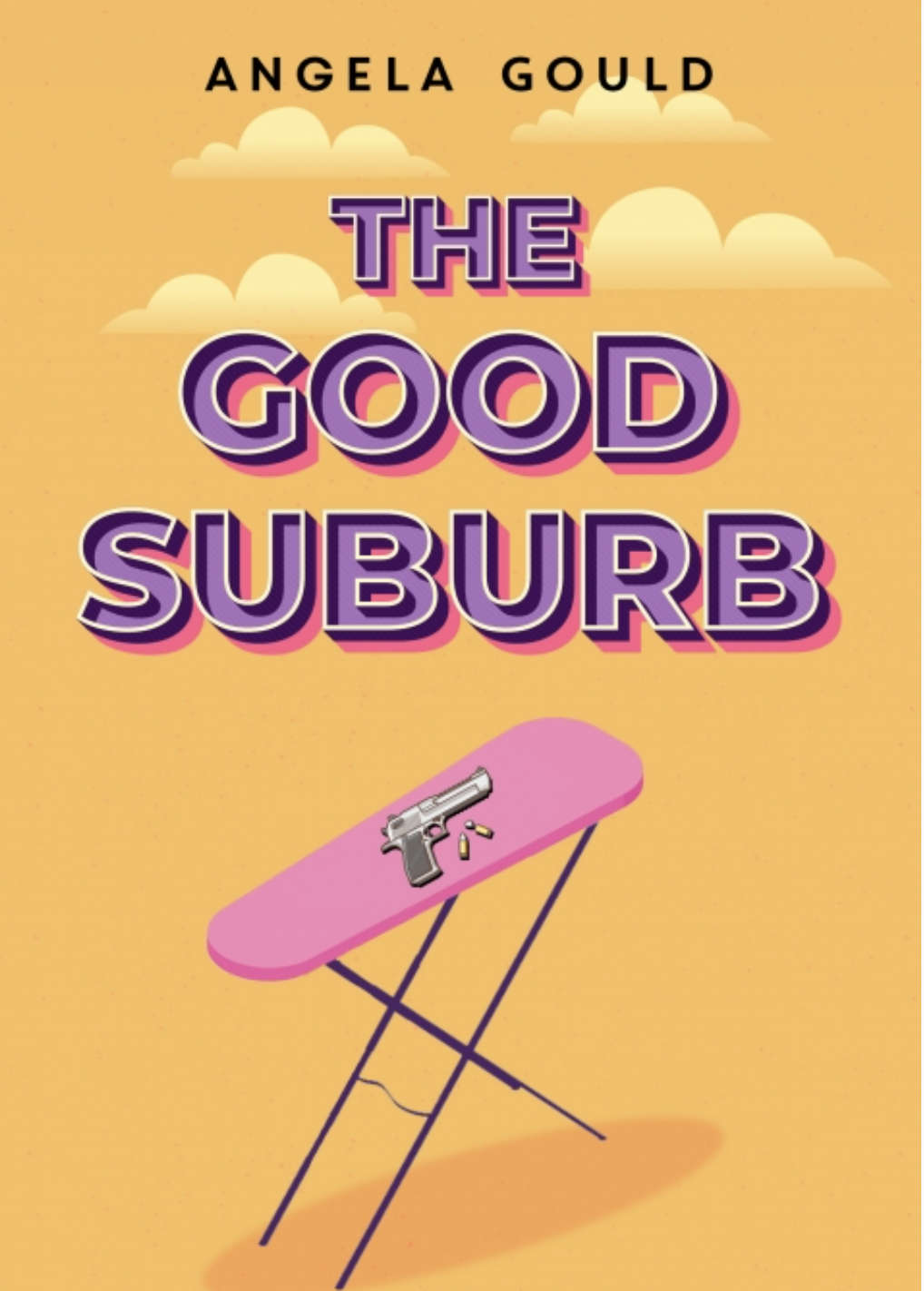 Book Review: The Good Suburb – Angela Gould
Book Review: The Good Suburb – Angela Gould
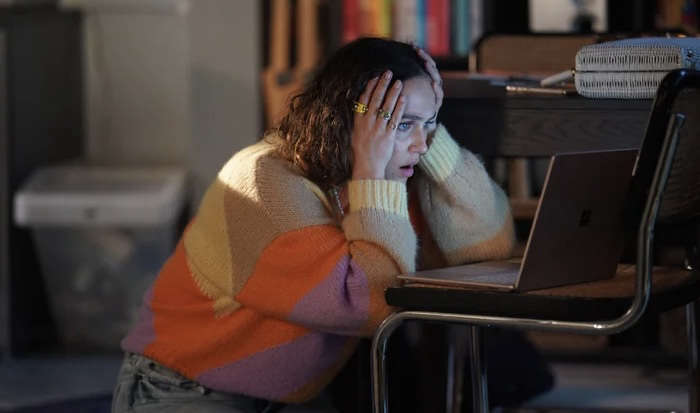 The Top Five Films and TV Shows to Watch this Week (10th - 14th March 2025)
The Top Five Films and TV Shows to Watch this Week (10th - 14th March 2025)
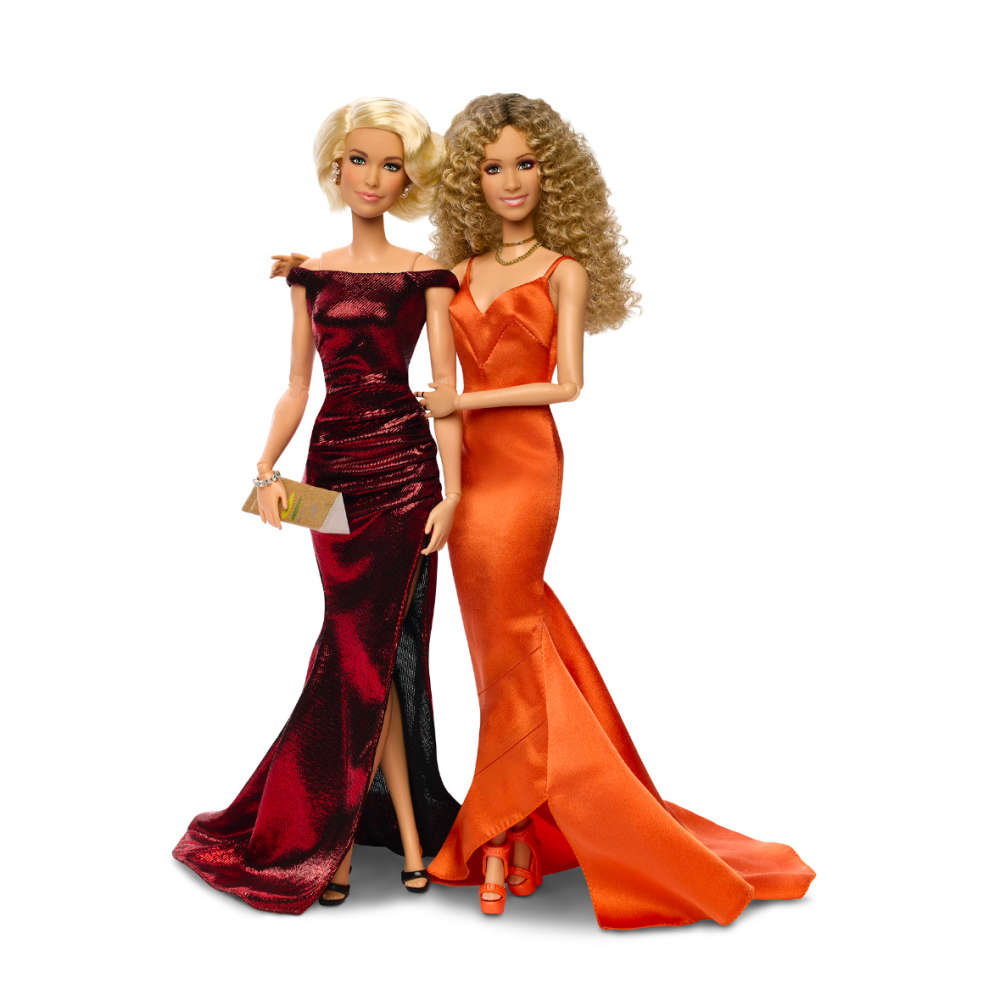 Barbie honours Actresses and best friends Hannah Waddingham and Juno Temple with one-of-a-kind dolls made in their likenesses in time for International Women’s Day
Barbie honours Actresses and best friends Hannah Waddingham and Juno Temple with one-of-a-kind dolls made in their likenesses in time for International Women’s Day
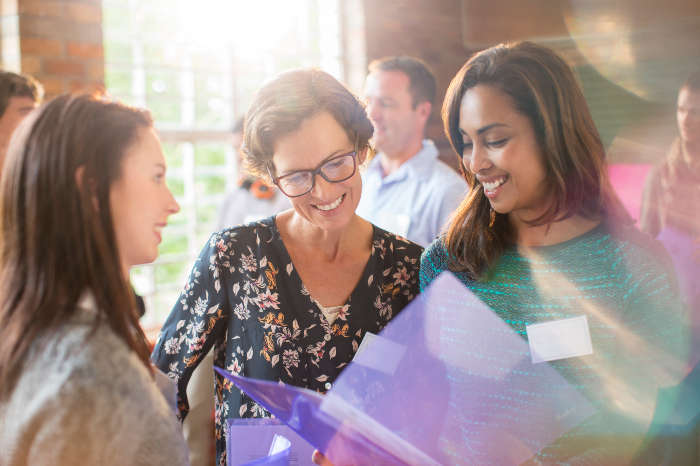 International Women’s Day Health Event at Rickmansworth Golf Club
International Women’s Day Health Event at Rickmansworth Golf Club
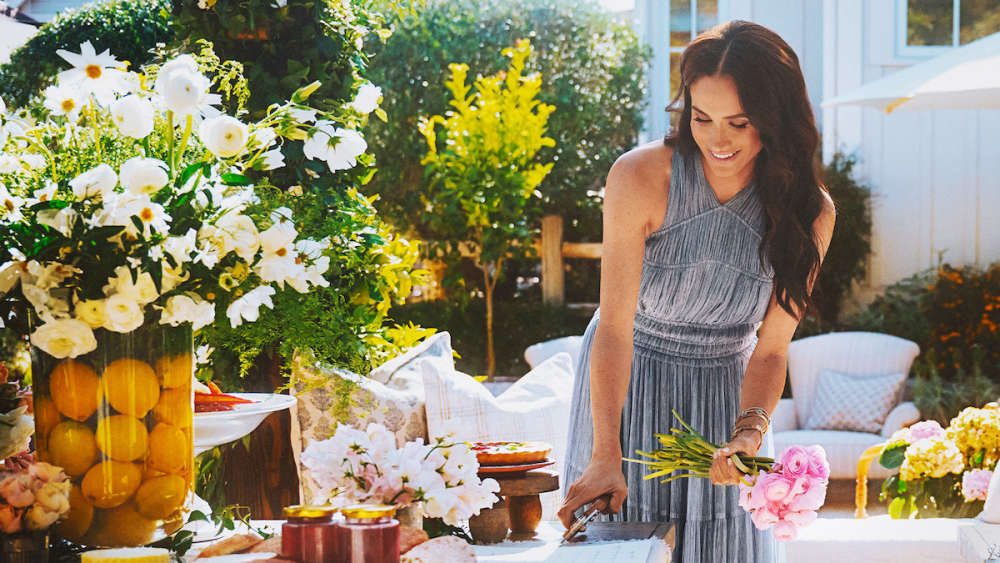 The Top Five Films and TV Shows to Watch this Week (3rd - 7th March 2025)
The Top Five Films and TV Shows to Watch this Week (3rd - 7th March 2025)
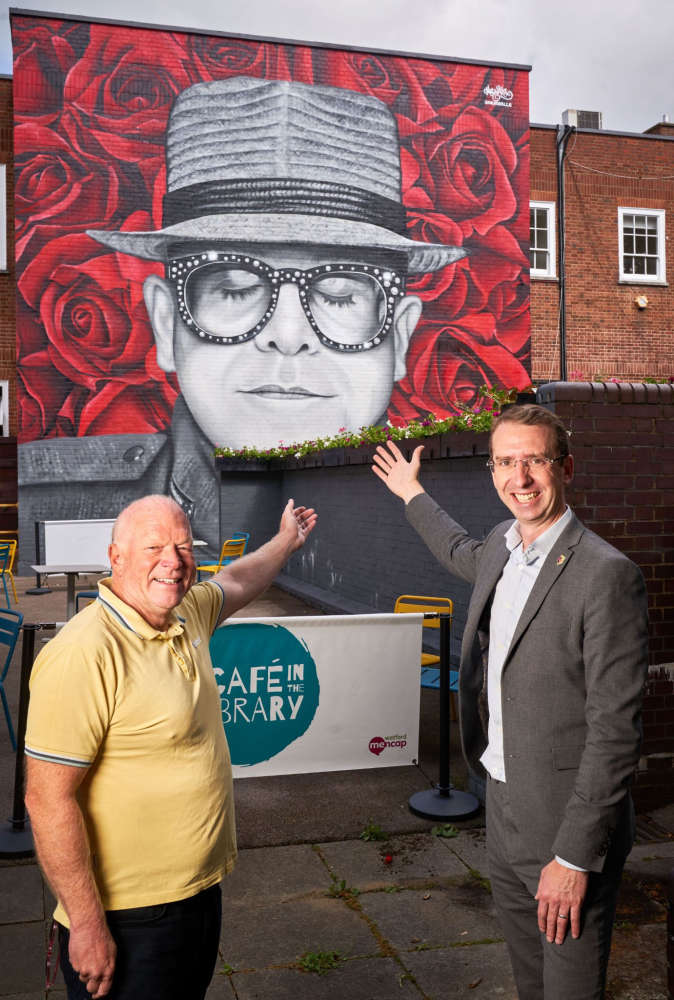 Cabinet Approves Public Art Strategy
Cabinet Approves Public Art Strategy

